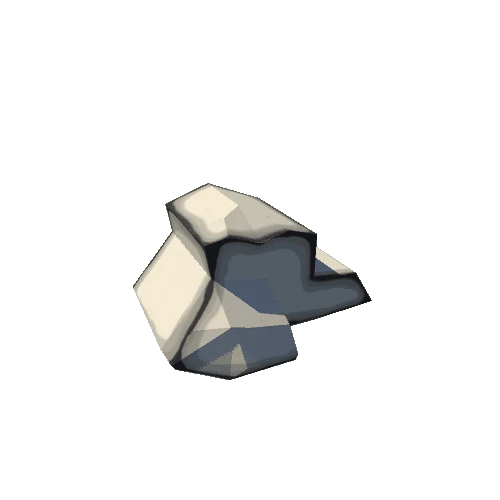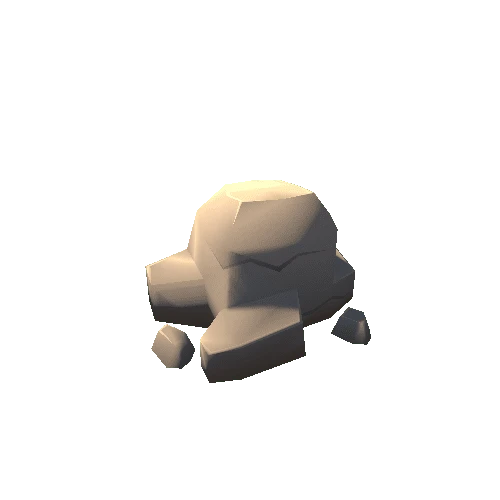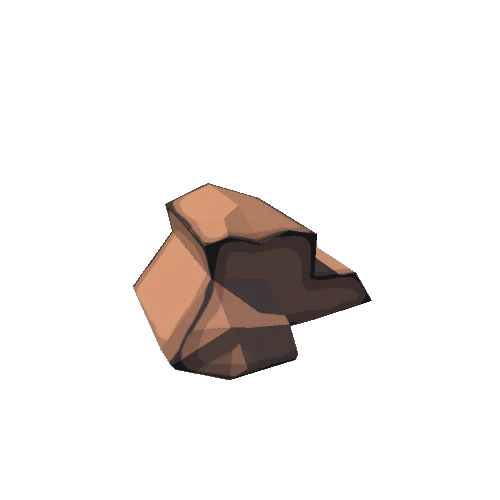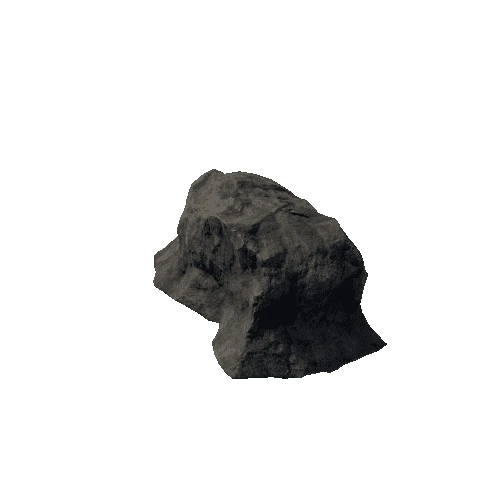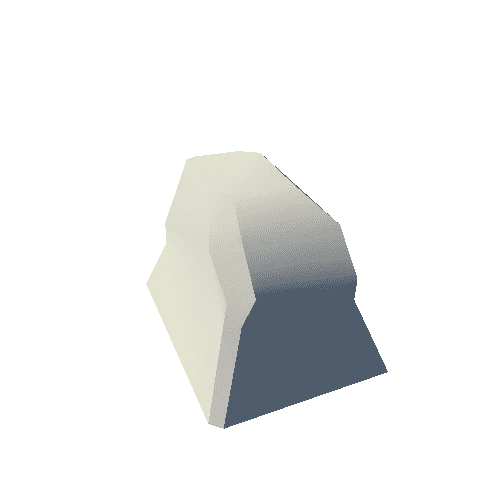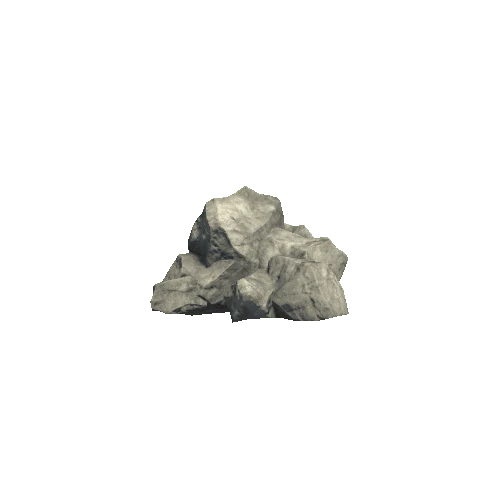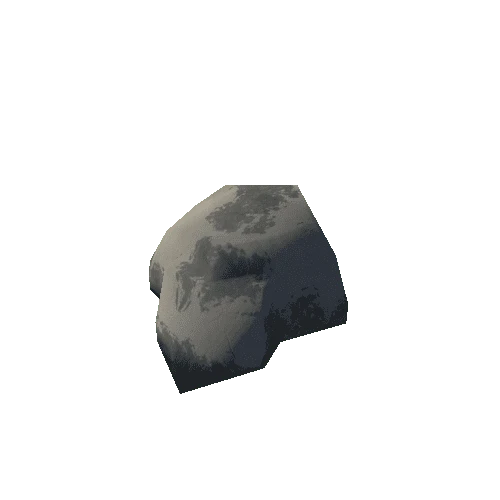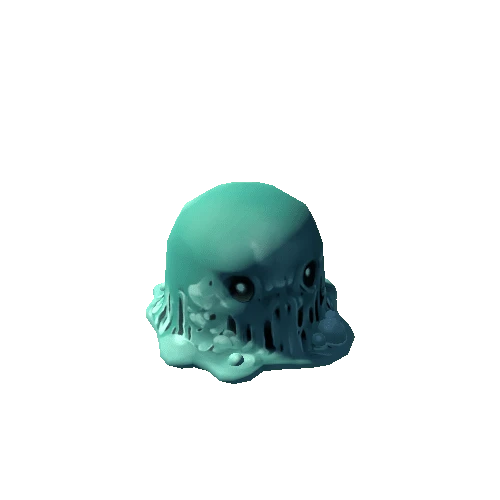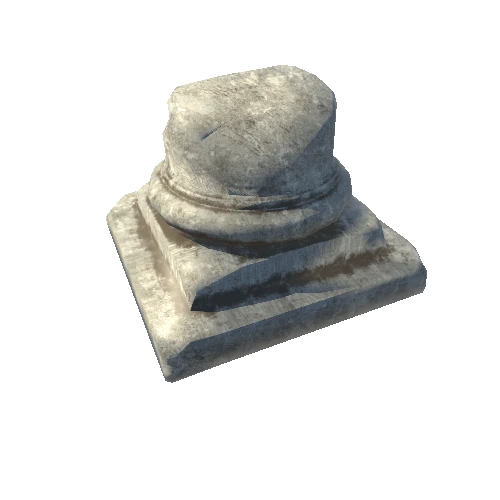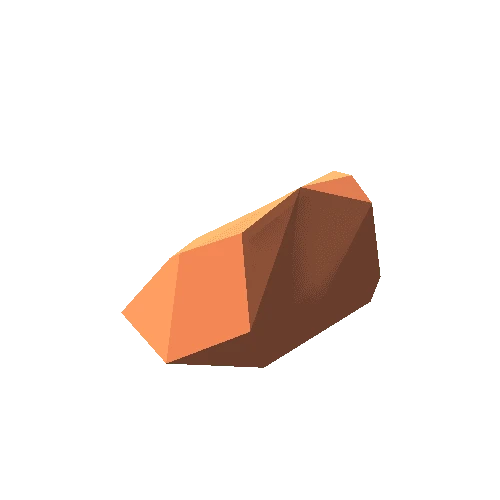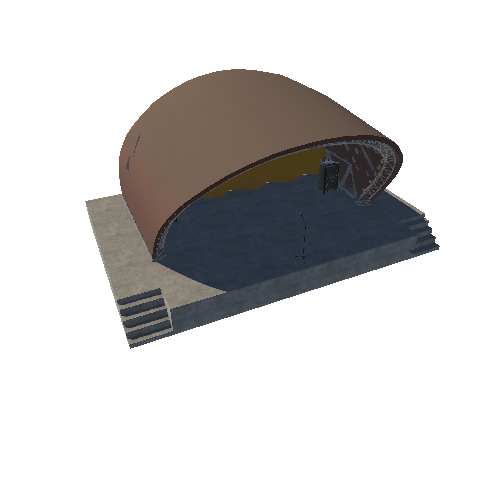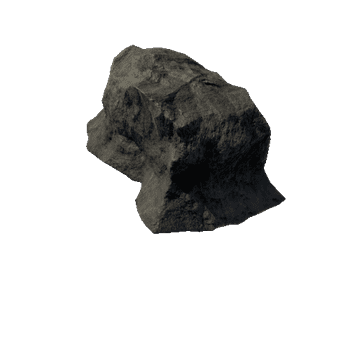Select or drop a image or 3D model here to search.
We support JPG, JPEG, PNG, GIF, WEBP, GLB, OBJ, STL, FBX. More formats will be added in the future.
Asset Overview
Scanned at The British Museum
Ptolemaic Period. From Istanbul: probably originally from Heliopolis, temple of Atum.
Material: Quartz Diorite
Plaque in front of the statue reads:
"This is one of the largest representations of scarab beetles to survive. It also ranks among the largest great statues of any pharaonic deity. The scarab represented Khepri, the form assumed by the sun-god at dawn. The Egyptians noticed that scarabs hatch from buried dung balls as if by self-creation. The sun-god was also believed to be self-creating, renewing his powers at daybreak. Each sunrise was a repetition of the god's first appearance at the dawn of time as the creator god Atum.
The statue is made of quartz diorite, a stone not normally used for Egyptian sculpture. Three ancient quarries have been identified, deep in the Eastern Desert. Their exploitation is archaeologically confirmed for the Roman Period, but the subject and workmanship of this piece suggest that it was made a bit earlier, under the Ptolemies"
